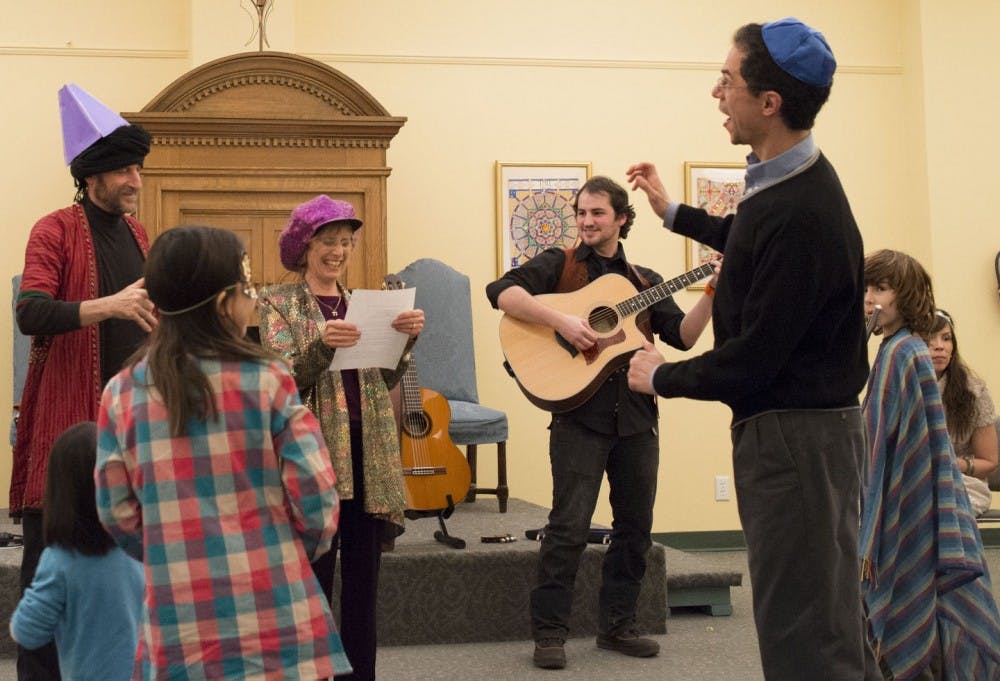Hillel hosts a drive to get people into the National Bone Marrow registry.
It’s that time of year again for students to take a cotton swab to the inside of their cheeks and get registered to potentially save a life.
Hillel at Ohio University is doing another “Got Swabbed?” drive for students who wish to have their cheeks swabbed and enter the National Bone Marrow registry.
The paperwork and swabbing itself takes just 10 minutes out of one’s day, and can ultimately help those who apply for a bone marrow transplant to battle leukemia, lymphoma, and other blood cancers. Donors who are 18-24 years old are needed the most. Therefore, students here do not have to search far to help lessen this problem.
The under-representation of minorities in the National Registry is also an issue for those seeking a transplant. Most matches occur when the recipient and the donor are of the same ethnicity, said Lauren Goldberg, the office administrator of Hillel.
“In the past, we have swabbed 9,000 students, made 300 potential matches, but only about 30 perfect matches occur in which a student is asked to donate,” said Goldberg. “If you are a potential match, you go to Hudson Health for a blood test, and then the process of determining your eligibility begins. If you are a perfect match, there are two ways to donate, both are outpatient and both mean you are giving another individual a second chance at life.”
Last fall more than 800 people stopped in to be swabbed, said Shoshana Blair, a “Got Swabbed?” bone marrow intern, and senior studying theater arts. She is anticipating at least 300 today.
“Even if people are not ready to commit to being in the registry, people should stop by to learn more about what it means to need a bone marrow donation, and what ‘Got Swabbed?’ is about,” Blair said. “The need for matches has grown within the past years, and this contributes to people wanting a transplant more than chemotherapy. If it’s blood related, the patient usually has a better chance at survival, or living longer versus chemo.”
mf736213@ohio.edu






